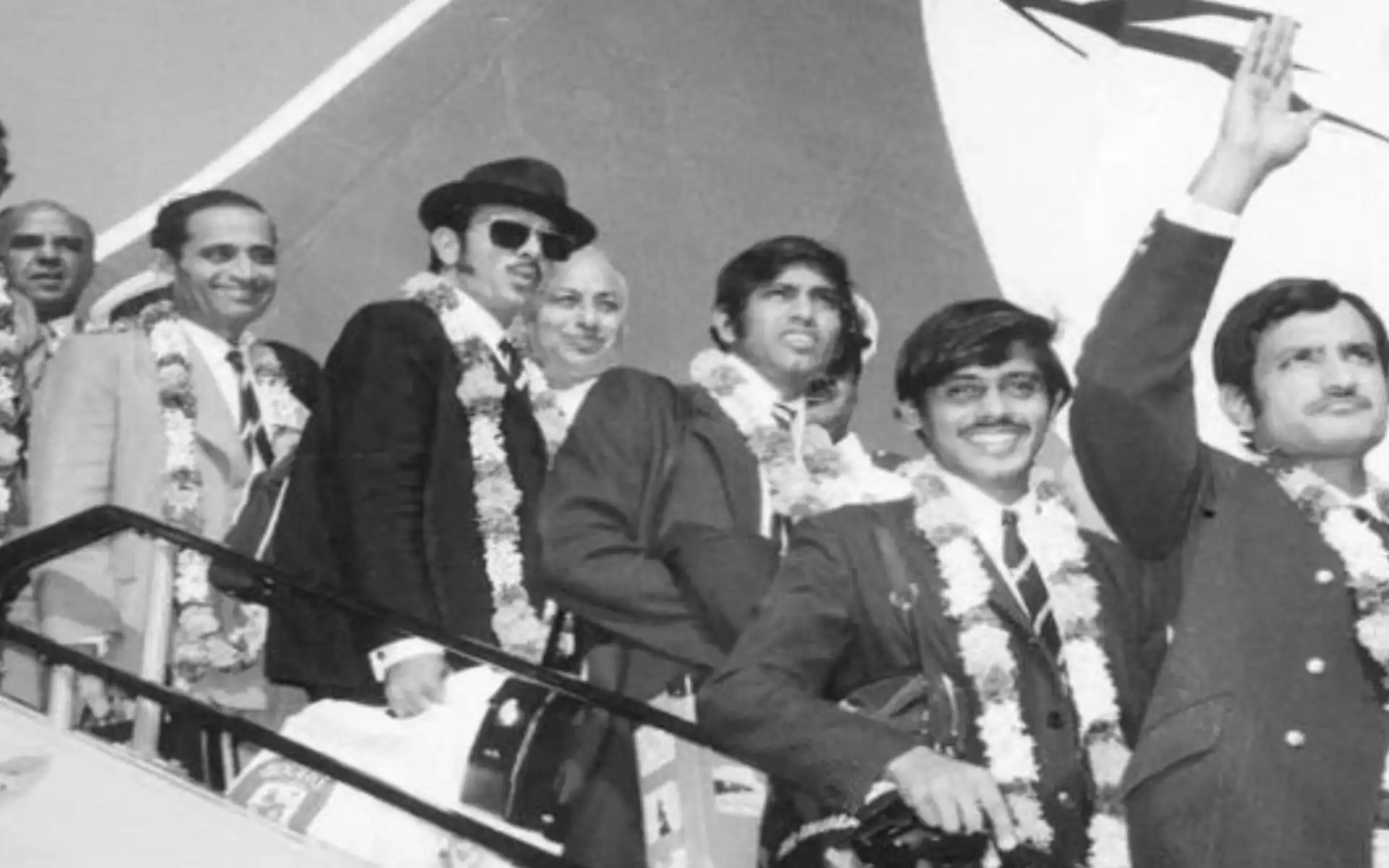.jpg?type=hq) Jamie Smith explosive maiden century (x)
Jamie Smith explosive maiden century (x)
The Old Trafford Test between England and Sri Lanka was all about Jamie Smith on Friday, August 23, 2024, as the young wicketkeeper galloped to his maiden international hundred. On the third day of the first Test, Smith played an impressive knock of 111 that propelled England to a significant first-innings lead of 122 runs.
According to Cricbuzz, in his post-match comments, Jamie Smith paid tribute to the influence of former England batsman Ian Bell, who played a pivotal role in shaping his career.
Jamie Smith Credits Ian Bell For His Golden Advice
Jamie Smith expressed his gratitude for Ian Bell’s mentorship and support. Although, Bell is currently working with Sri Lanka, the young player acknowledged the lasting impact of Bell's advice on his development as a cricketer.
This century not only marks a significant milestone for Smith but also underscores the continued legacy of Bell's contributions to England's cricketing talents.
“Belly has been a great help for me both in the Lions and with Birmingham Phoenix for the last couple of years. The knowledge that he passed on and his willingness to throw balls at me before games when I had an eye on the Test series is something I'm really grateful for. It's great when people are willing to be in your corner, I guess, and help you out even though they're on the opposition side. So I was grateful for his help,” Smith was quoted as saying by Cricbuzz.
After his magnificent century, at just 24 years and 42 days old, the Surrey wicketkeeper-batter etched his name into the annals of English cricket history by becoming the youngest England wicketkeeper to score a Test century.
This feat broke a 94-year-old record previously held by Les Ames, who scored his maiden Test century at 24 years and 63 days in 1930.
.jpg)



.jpg?type=mq)

